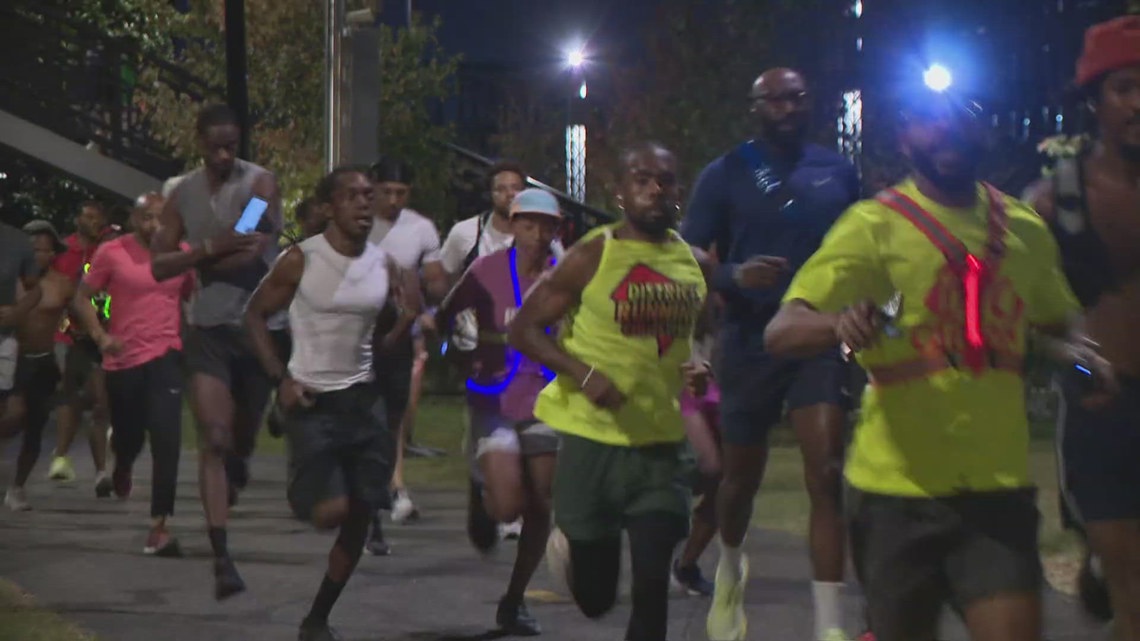Drivers say it happens more than you might think.
WASHINGTON — After a long week, sometimes it is nice to take the night off from cooking and order something in. With delivery apps, you have a whole city of restaurants to choose from--and when you try a new one, you typically expect it to be an actual restaurant, right?
That might not be the case in Washington, D.C., and we are not talking about ghost kitchens. Imagine you order something new from your go-to delivery app, and the food that arrives at your home was made in someone else’s.
According to a trending local conversation this week, it happens. Drivers have chimed in saying they often pick up food from an apartment or home instead of a restaurant, and some of the stories are pretty disturbing.
THE QUESTION
Is it legal to sell homemade food on delivery apps in our area?
THE SOURCES
THE ANSWER
![]()
No, it is not legal to sell cottage food on delivery apps in the DMV - but the exact rules depend on where you are.
WHAT WE FOUND
According to the Harvard Food Law and Policy Clinic, cottage food is the term for in-home production and sale of foods that are not potentially hazardous. If you frequently visit farmers markets, you have probably seen, or even bought, cottage food.
Across the DMV, it is legal to sell some foods made at home as long as those items do not cross state lines. But selling on delivery apps is a different story.
Maryland:
In Maryland, cottage foods can be produced without a permit and sold directly to consumers online and via delivery. So, if you personally pay your neighborhood baker to send you a loaf of bread, that is legal, but if you were to order that loaf through a delivery app, it would be illegal.
According to a spokesperson for the State of Maryland, that is because delivery apps are a third party to the transaction. Since cottage foods can only be sold directly to the consumer, managing the sale through a third party vendor is illegal.
Washington D.C.:
In Washington, D.C., a 2013 law allows permitted cottage food businesses to sell some food products directly to consumers, including online sales. But again, a D.C. spokesperson tells us that delivery app platforms are outside of the District's regulations and therefore not allowed.
Virginia:
Virginia is even more strict. Like Maryland and Washington, D.C., cottage foods in Virginia must be sold directly to consumers. But Virginia takes the additional step of outlawing both online sales and deliveries. That ban includes app delivery from one kitchen to another.
In general:
When it comes to homemade eats, the type of food matters. For example, someone can sell pasta in Washington, D.C. and Virginia, but not in Maryland. For more detailed information, see these lists of permitted foods according to Maryland, Washington D.C., and Virginia law.
As a rule of thumb, anything that requires temperature control to remain safe to eat is not allowed, while most shelf-stable foods foods are okay.
Delivery drivers, though, say the laws are not stopping some wannabe-restaurateurs from selling their wares, legal or not.
.png)









 English (US) ·
English (US) ·